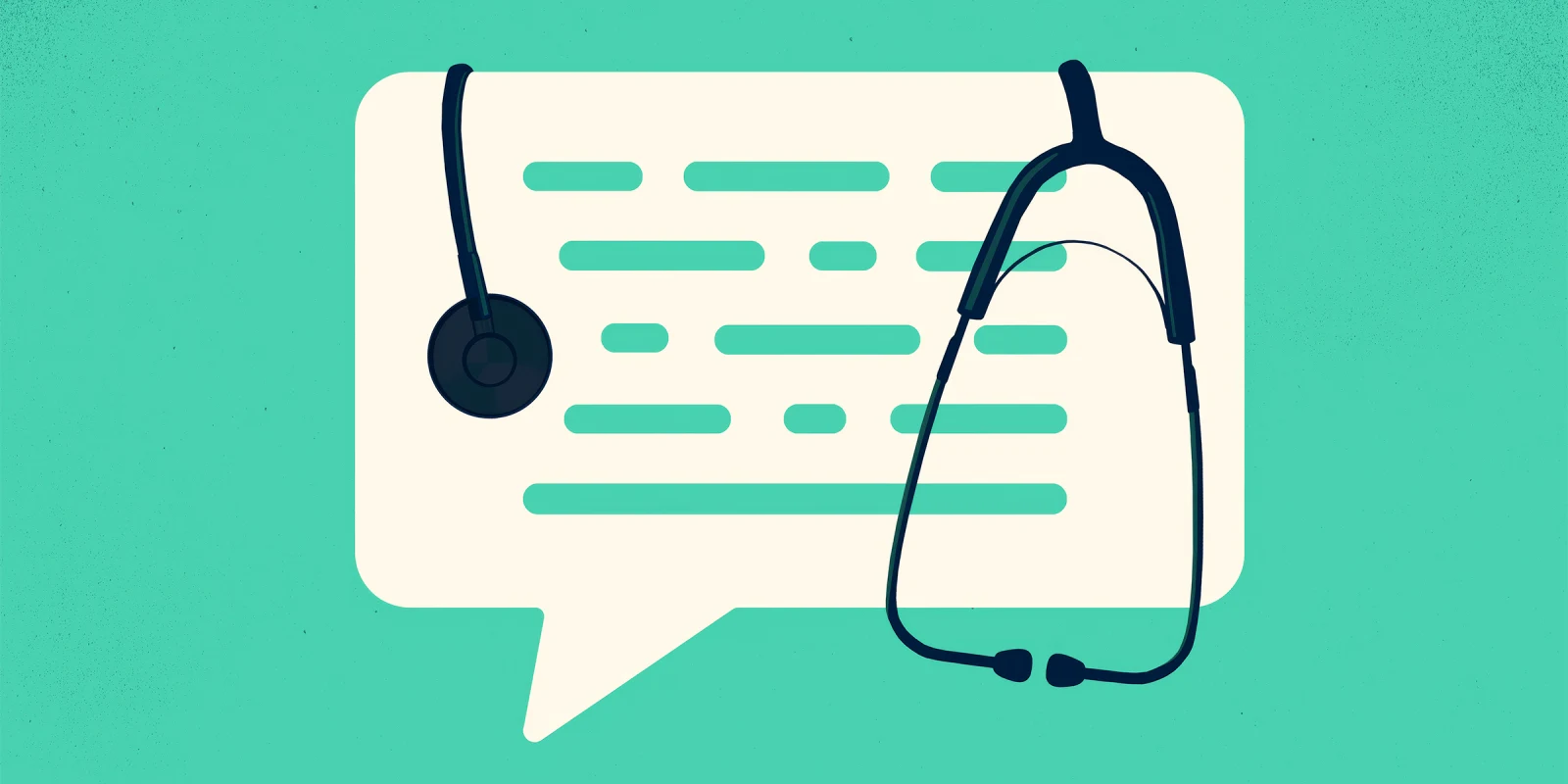I’m 10 patients into the morning and moving quickly. I order labs and hand the printed copy to the nurse. Put the finishing touches on a note from an earlier visit and sign the chart. Take a sip of coffee. Take a deep breath. Time to dive back into the ol’ inbox.
Three new messages from the patient portal are waiting for me.
The first message is from a parent with a question about their 2-year-old. Then, a follow-up message from the same parent, two hours later. “I’d like a response to my earlier question. Does my daughter need to be seen?” Then, another hour later, a one-word message. “Hello?!?” Three messages in three hours, and more than a hint of exasperation that our team hasn’t answered yet.
This feels like the beginning of the end.
I think it’s important to state up front that I really enjoy my job. As a general pediatrician, I get to take care of children and their families, and I love it. I love the feeling of establishing relationships and being with them through the good and the bad. I’d like to do it for a long time.
But I hate patient portal messages.
I can’t entirely blame families for sending messages through the patient portal, and my anger is typically not directed at them. The portal exists and has been made available to them. It is presented to them as an easy way to reach out to their child’s medical team, to help answer questions and get advice. I get the sense that, for most, it’s less painful than sitting through an automated phone tree or speaking directly to a nurse.
And of course there are some situations where a message makes sense, such as a quick follow-up question regarding a recent visit, or a medication refill request. But in my recent experience, these are not the most common.
The messages I most commonly receive are, in no particular order: “Does my child need to come in for this problem?”, “What is this rash?”, and “Can you diagnose my child’s illness with the help of this two-sentence description?”
We should, in theory, have a better system in place for triaging these messages. Our office is working on it. But at this point, in most cases, things tend to eventually just get forwarded my way.
And this, of course, poses a few problems. Many of these messages require me to make a clinical decision, a decision regarding a patient that is not sitting in front of me, a decision that could result in legal liability, a decision that will take up my time and energy and for which our clinic cannot bill. And believe me, the minutes spent making these decisions can add up.
In addition, today’s technology has led to expectations of constant connection and immediate feedback. It’s becoming clear that more and more families anticipate quick answers for medical questions both straightforward and complex. It’s also becoming clear that an increasing number of people prefer the ease of a back and forth text exchange to an in-person encounter.
In my eyes, the problem is more than the patient portal messages themselves — it’s what they represent. They are an ever-present reminder of the direction medicine is heading, a future of diagnostic evaluations by text message, of treatment plans established through online portals. I can’t help but feel disheartened by the thought of an ever-increasing number of digital barriers preventing me from looking my patients in their actual eyes and touching my patients with my actual hands.
And, perhaps worst of all, it seems this is what many patients want.
These problems are not going away. I suspect the patient portal messages are here to stay. But I’m not giving up. I’m going to convince as many patients as I can that the benefits of face-to-face interaction, of real live human relationships, outweigh the convenience of a text message. The human aspect of medicine is worth fighting for, and I’m going to fight to preserve it one patient at a time.
And in the meantime, if you have any advice on inbox workflow optimization or any other aspect of the job for a young(ish) pediatrician, I’d love to hear your thoughts. Reach out and send me a message. Or, better yet, let’s meet for a coffee — in person.
Dr. Sam Cross is a general pediatrician in Virginia. He spends most of his time outside of work wrestling with his four sons.
Image by rob dobi / Getty Images






